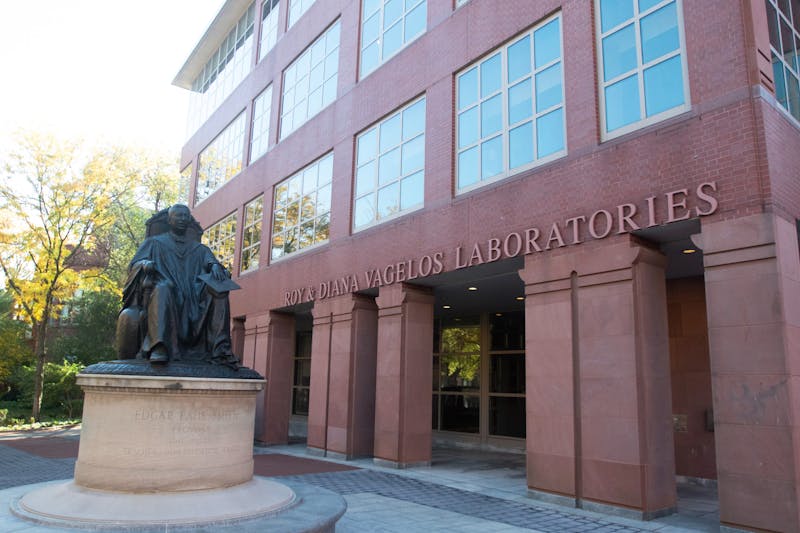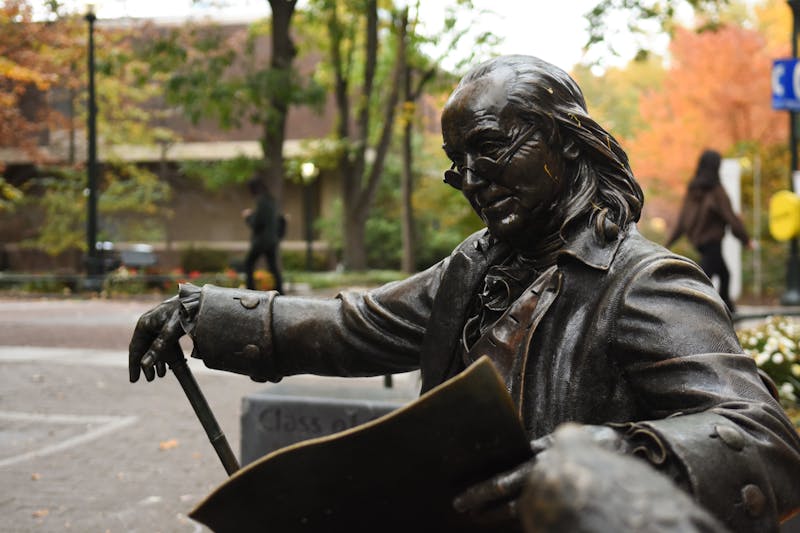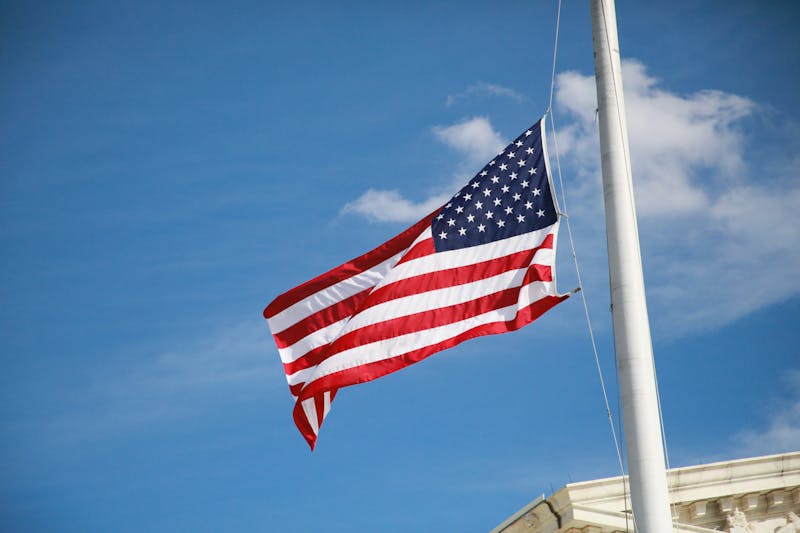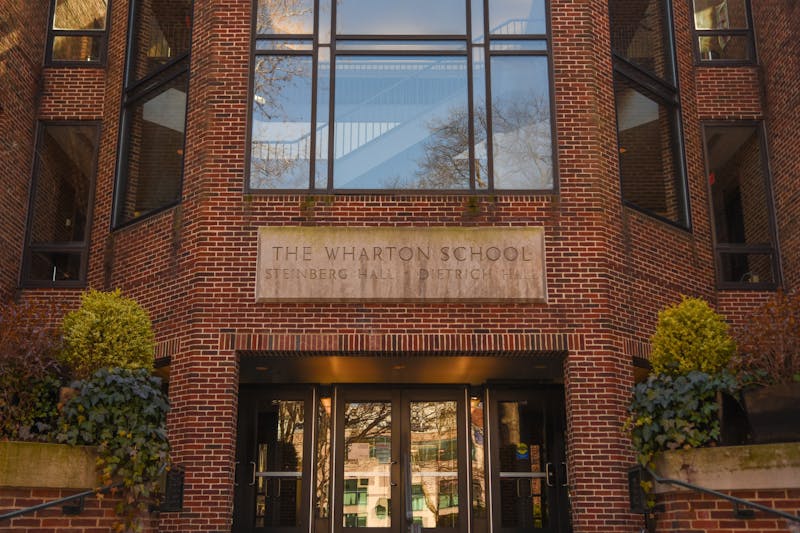
The Penn Fund has received less money from fewer donors in 2024 than in any year since at least 2020 — a sign that tensions on campus may be tangibly impacting the University's financial support.
The Daily Pennsylvanian found that Penn was closer to meeting the fundraising goals outlined on The Penn Fund website at this time last year, and as of April 3, donations were down 21% compared to last year. The University has until the end of the fiscal year on June 30 to meet its fundraising goals for The Penn Fund.
“We are grateful for the generous support of our donors, who share our passion for and commitment to Penn,” a University spokesperson wrote to the DP. “As the University’s fiscal year has not yet concluded, it is too early to share results or trends at this time."
The Penn Fund is the University’s annual giving program, of which undergraduate students are the sole beneficiaries. The fundraising program supports grant-based financial aid packages, academic programs, and student clubs and organizations.
This year’s fundraising goal is $46 million, and a total of $24.9 million in donations were displayed on the Penn Fund “progress” webpage as of April 3. 11,167 individual donors contributed to this total.
At this time in 2023, the same web page reported $31.5 million in total donations from 14,976 individuals, website archives show. The fundraising goal of $46 million was the same.
The size of the decrease “is an indication that a crisis is affecting the fundraising,” according to Larissa Reece — who studies fundraising in higher education as a senior consultant with nonprofit consulting firm Ashley Rountree and Associates.
In November, the DP spoke with Reece about how ongoing controversies related to antisemitism and free speech culminated in backlash from prominent donors.
She predicted then that well-publicized donor splits with Penn were the “tip of the iceberg.” Reece further predicted that a decrease in smaller donations to the annual fund could “have a dent” in Penn’s finances.
Cara Giacomini — vice president of Data, Research and Technology at the Council for Advancement and Support of Education — pointed to the importance of investing in advancement activities “after a setback.”
While clarifying that CASE does not comment on specific institutions, she wrote in an email to the DP that “we have seen that those institutions that continue to invest in advancement during downturns of various types have a faster return.”
According to Reece, schools should focus on “one-on-one” conversations with “as many donors as they possibly can.”
She further explained that it is critical for students’ perspectives to reach donors because “it’s not so much about the institutions, it is what it’s doing for students.”
The Red and Blue Engagement Center, which organizes fundraising phone calls — including from students — did not respond to a request for comment.
Giacomini also discussed the importance of “strong communications,” “showing the impact of support,” and “engagement activities" in regards to maintaining donor support levels.
On Tuesday, the Penn Fund hosted a donor appreciation event on Locust Walk. At the event, students were encouraged to write “thank you” notes to alumni donors who support “current and future Quakers.”
According to Reece, “many donors will just wait to see what’s going to happen” under the leadership of an interim president, like Larry Jameson. She said that once a permanent president is named, donations may increase. The University has not yet announced any steps toward the selection of Liz Magill's permanent successor.
Giacomini explained that fluctuations in annual fund giving amounts don’t usually have a “significant impact” on student programming in the short term.
The fundraising decline comes in the wake of donor retaliation in response to Penn’s handling of the Palestine Writes Literature Festival and the Israel-Hamas War.
Throughout the fall 2023 semester, dozens of donors — including Wharton Board of Advisors Chair Marc Rowan — called for alumni and supporters to “close their checkbooks” until Magill and former Board of Trustees Chair Scott Bok stepped down. The two leaders resigned their positions in December after national controversy following a congressional hearing on antisemitism.
The Daily Pennsylvanian is an independent, student-run newspaper. Please consider making a donation to support the coverage that shapes the University. Your generosity ensures a future of strong journalism at Penn.
Donate








